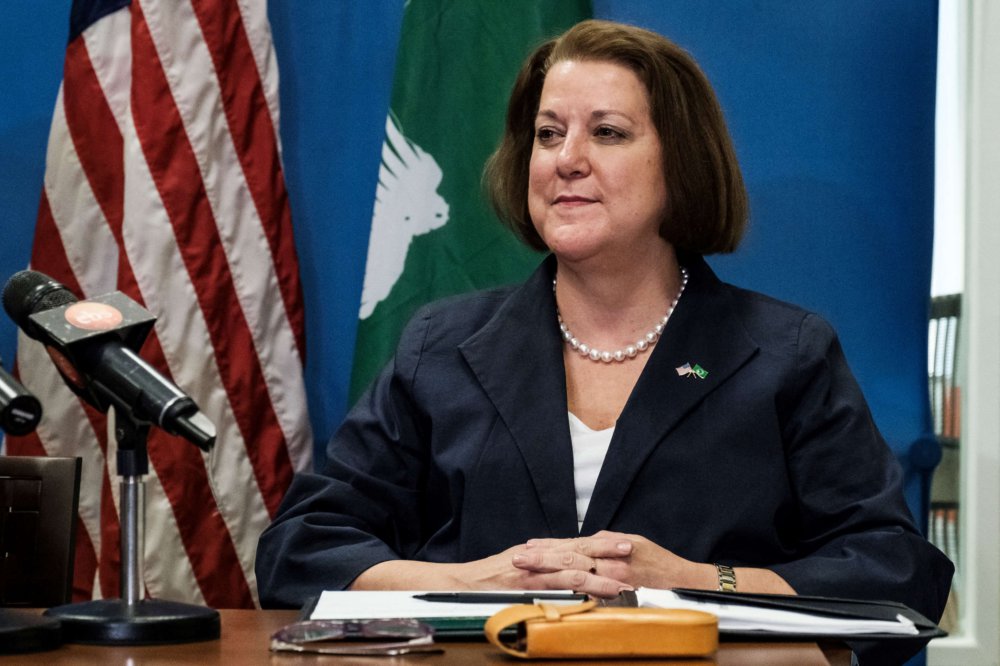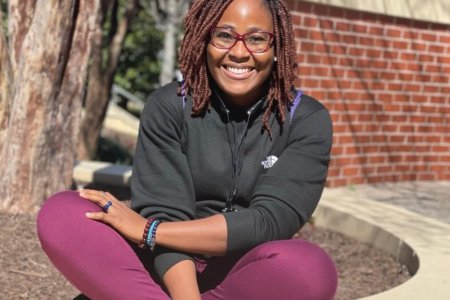
Nigerian students who want to study in the US are receiving more opportunities; in the past year alone, the US facilitated scholarships worth US$28 million via the Education USA programme. Education USA is an embassy initiative enabling Nigerian students to pursue their plans of studying and living in the US.
This figure was announced by US Ambassador to Nigeria Mary Beth Leonard, who expressed continued commitment towards uplifting Nigerian students during a Student Visa Day event by the US Mission in Abuja. Nigeria sends the most international students abroad compared to other countries in Africa, creating a wide diaspora network in some of the world’s leading economies.
“We are proud to prioritise Nigeria’s scholars in our consular process, as we recognise the value their success holds for the country’s future,” Leonard commented. “With over 13,700 students fulfilling their American education dreams, the US welcomes more Nigerian students enrolled than ever before.”

US Ambassador to Nigeria Mary Beth Leonard: “We are proud to prioritise Nigeria’s scholars in our consular process.” Source: Eduardo Soteras/AFP
Why do Nigerian students choose the US?
Emphasising the global appeal of American higher education, Leonard expressed how Nigerian students will be able to access “priceless” enrichment. “As students, you will hear ideas and personal stories from your classmates and professors that will challenge your views and expand your understanding of the world; your ideas and stories will do the same for those around you. By studying together in the same schools, Nigerians, Americans, and students from all other nationalities will not only understand each other better, but also see how many common challenges we all face.”
Education USA provides Nigerian students from low-income backgrounds with funding opportunities; the crème of the crop secure full scholarships from top US institutions. These funds help cover the cost of testing, application, and flight tickets. So far, 320 Nigerian students have benefited from this initiative.
“This year, the opportunity funds programme in Abuja supported 50 students to secure US$4 million in scholarships at some of the most competitive colleges and institutions in North America,” said Education USA advisor Malate Atajiri. “We help students to navigate that process and help them realize their dreams of a U.S education.”
“Students can work together to creatively solve problems and build long-term professional collaborations, increasing our countries’ economic ties,” Leonard added. “We know from our over 8,000 education and exchange programme alumni in Nigeria, the tremendous community impact that results when these ambitious students return to apply their knowledge and skills.”
According to ICEF Monitor, the US hosted 15,980 Nigerian students as of early 2019, making it the fourth most popular study abroad destination for young people from the West African nation. While Nigeria has entered a recession in 2020 — exacerbated by the pandemic — the World Bank expects the country’s economy to take a positive turn this year. According to a Carnegie Endowment for Peace report, Nigerian student mobility depends on “macroeconomic trends, monetary policies, the ease and speed of visa application processes, and the availability of post-study residency permits”.










